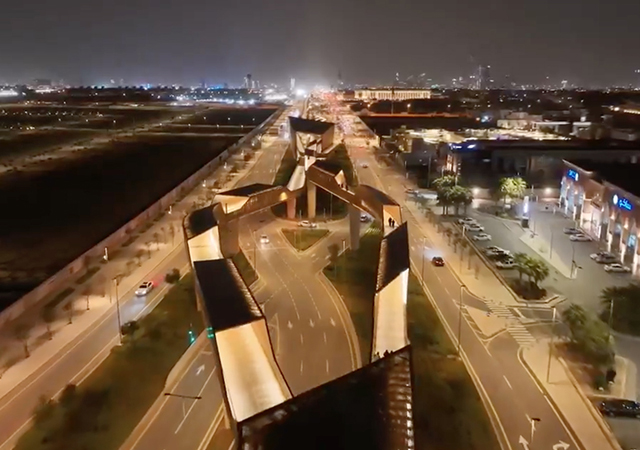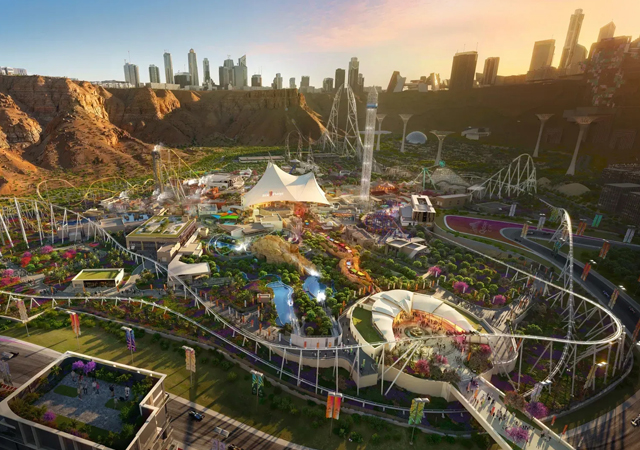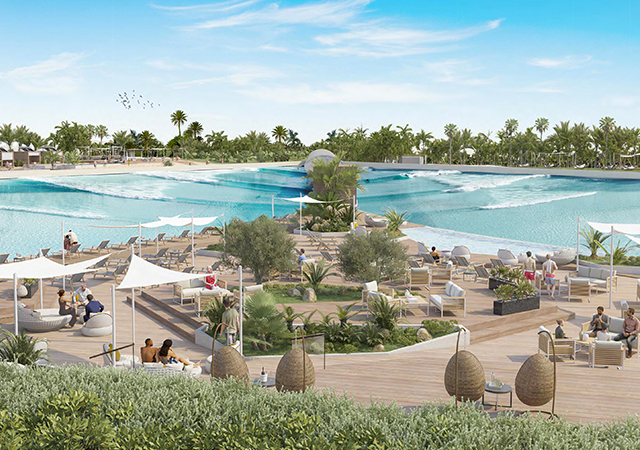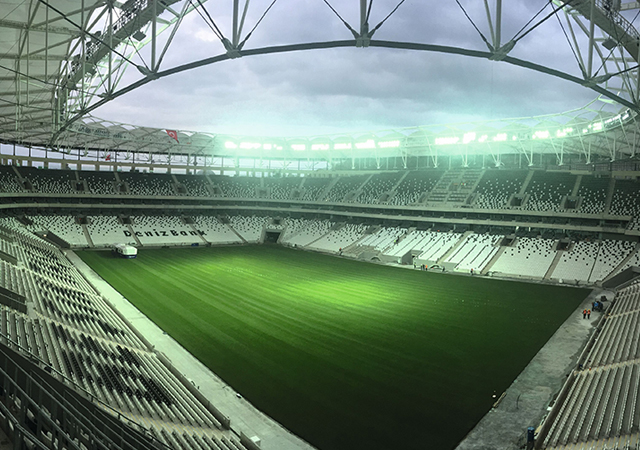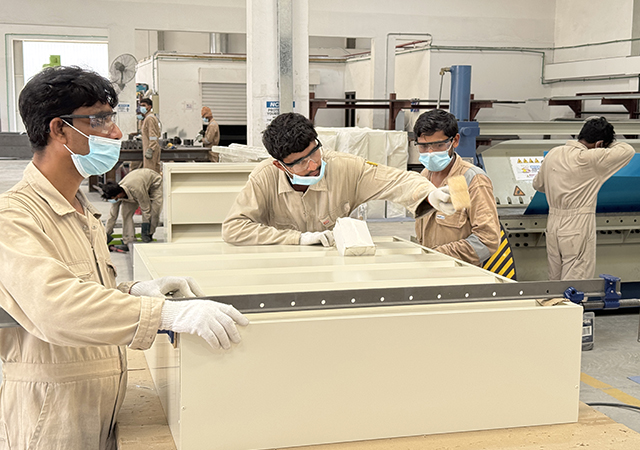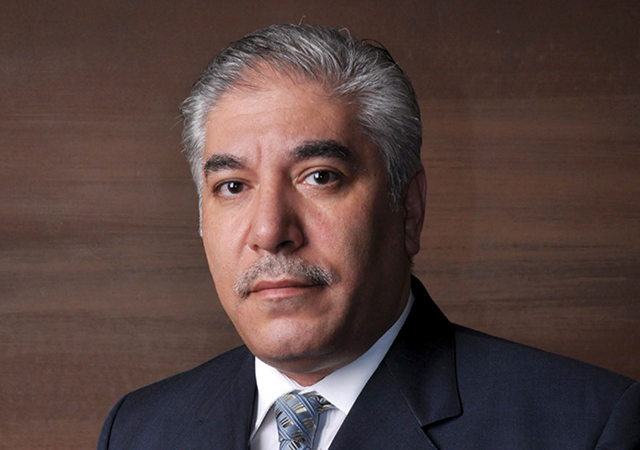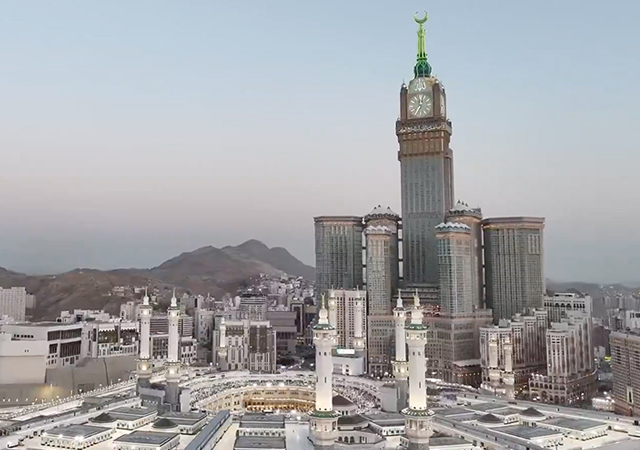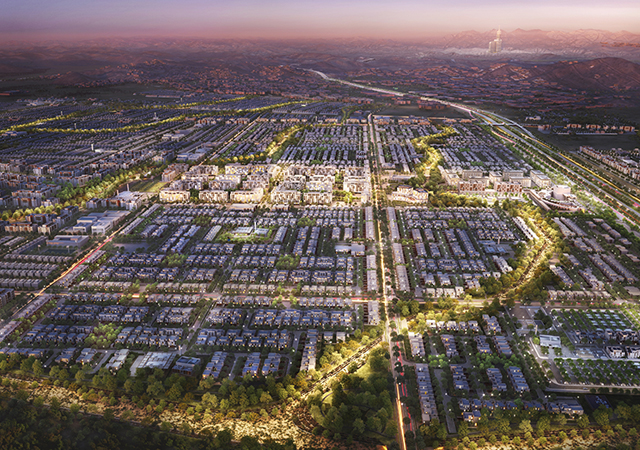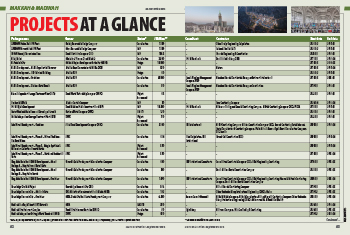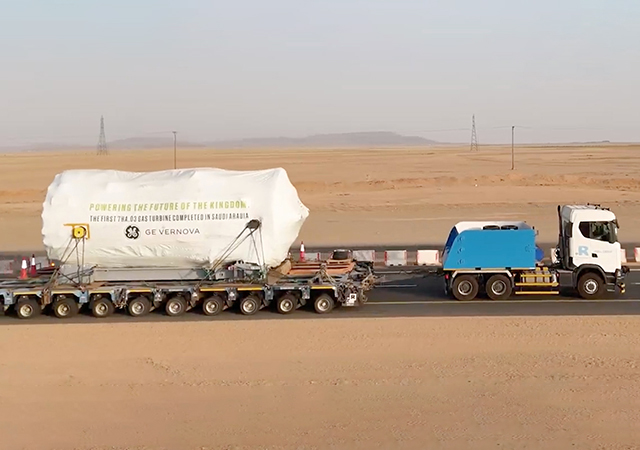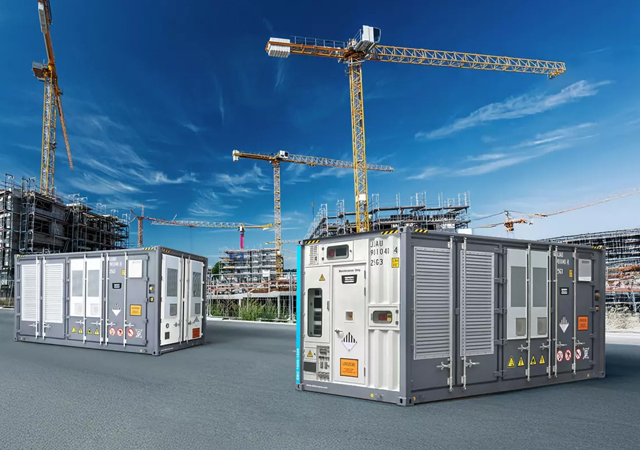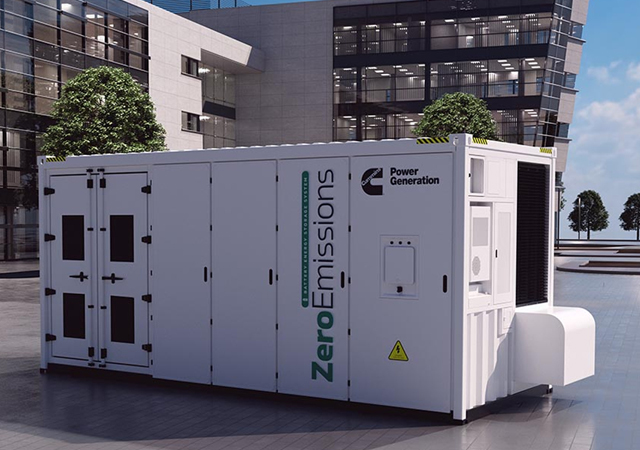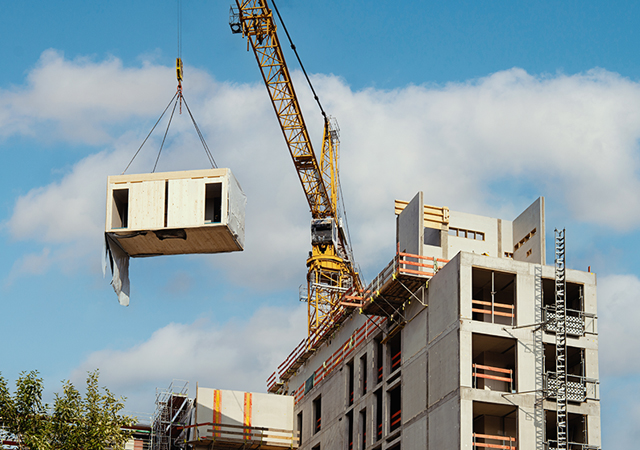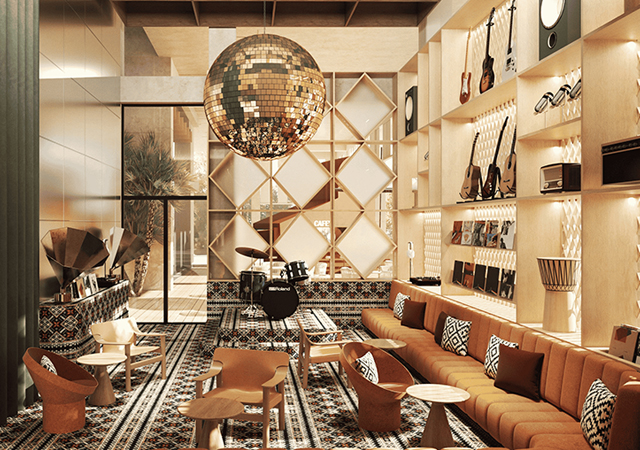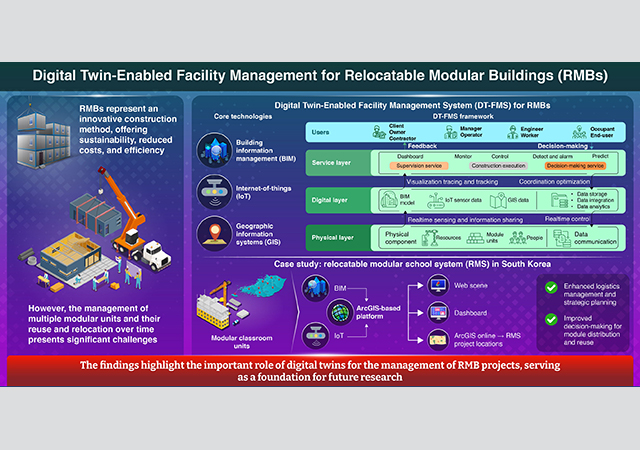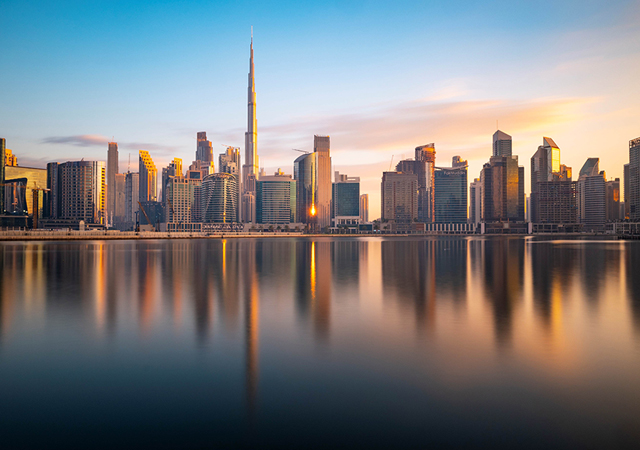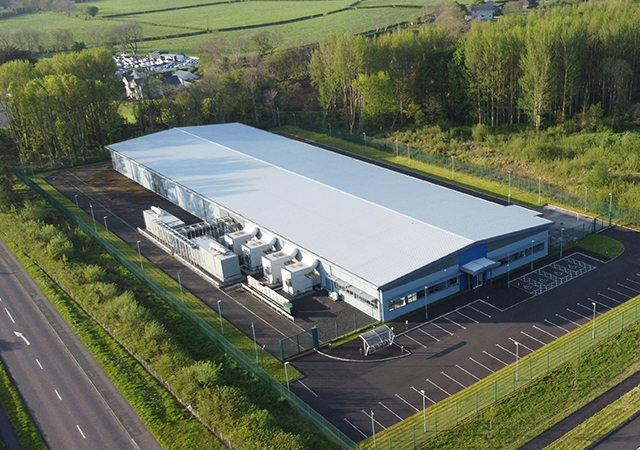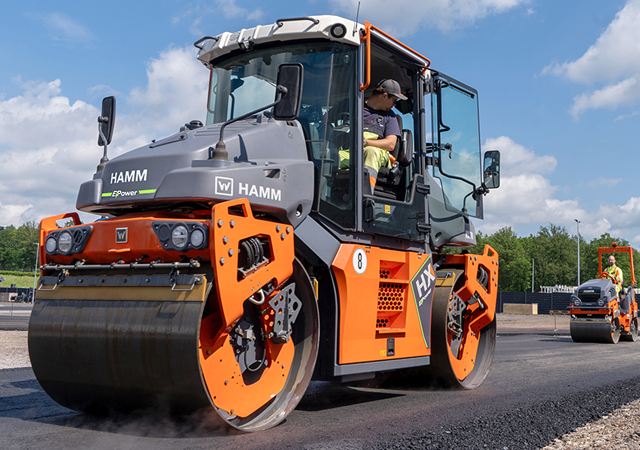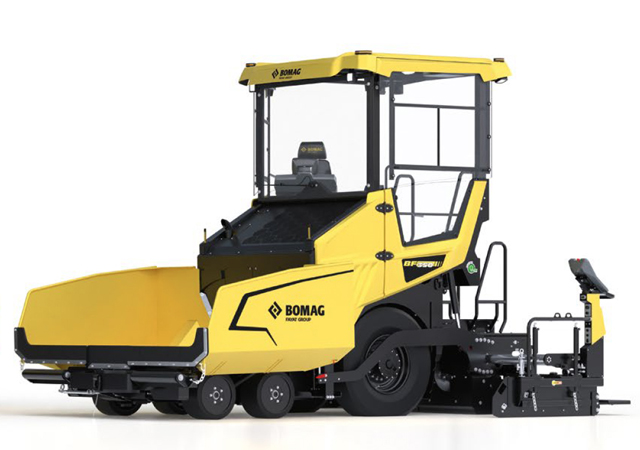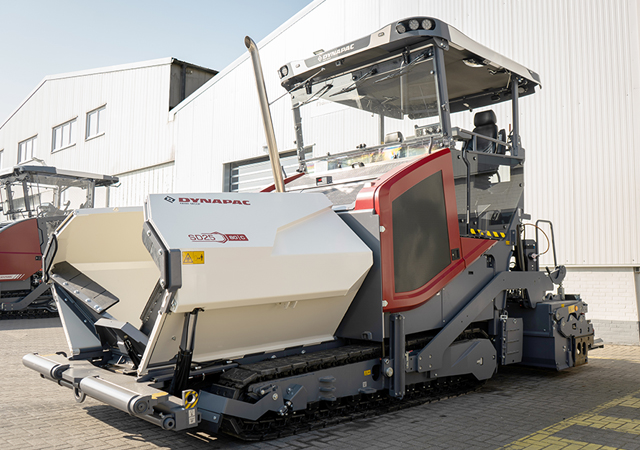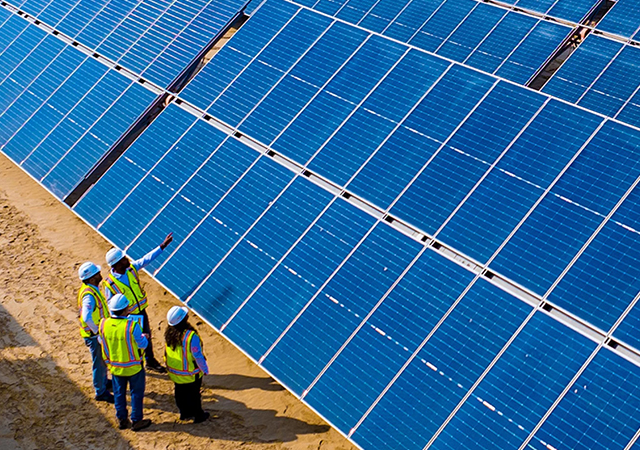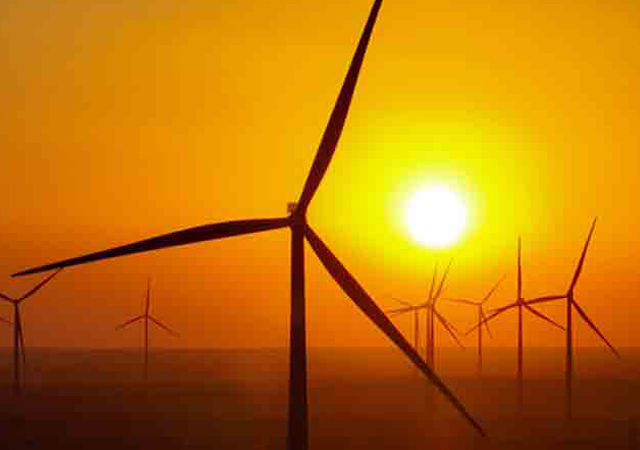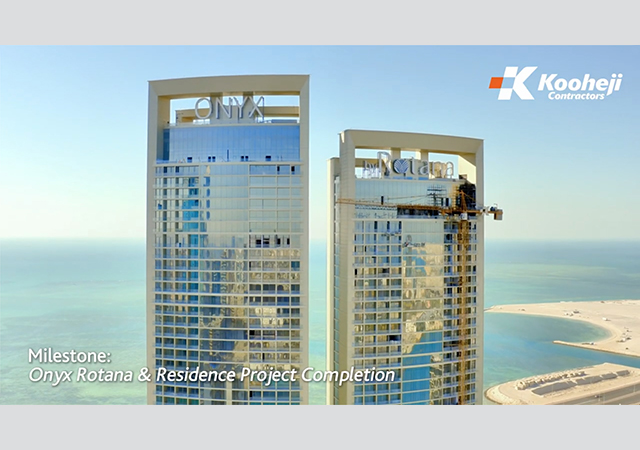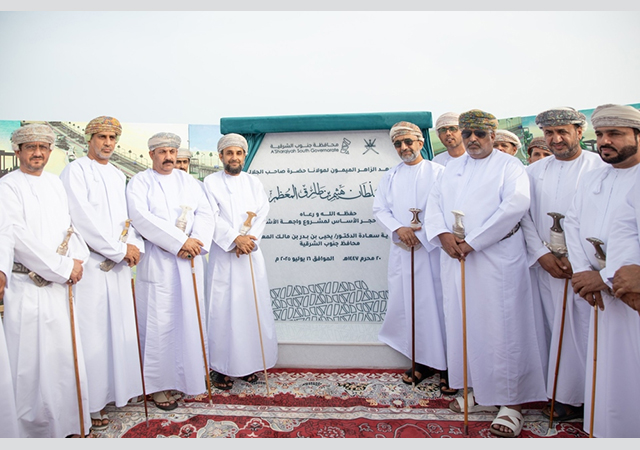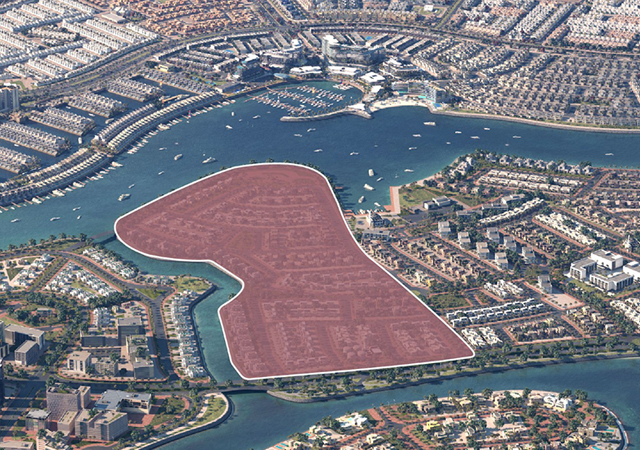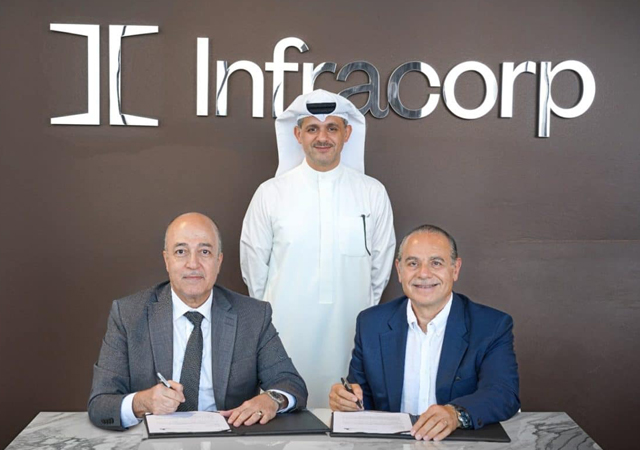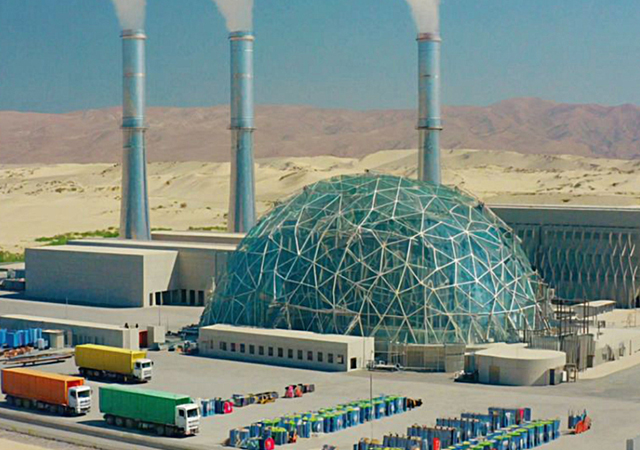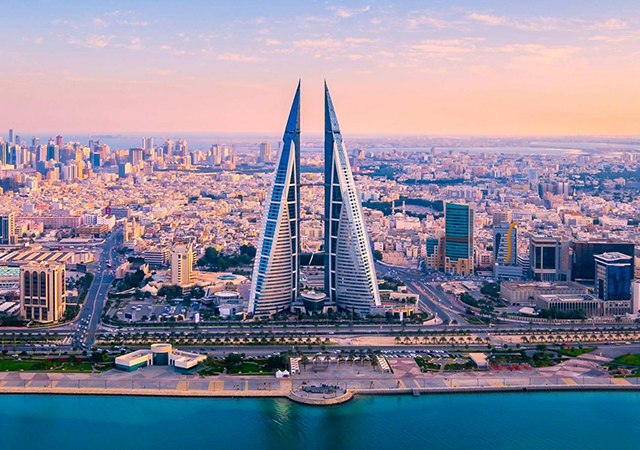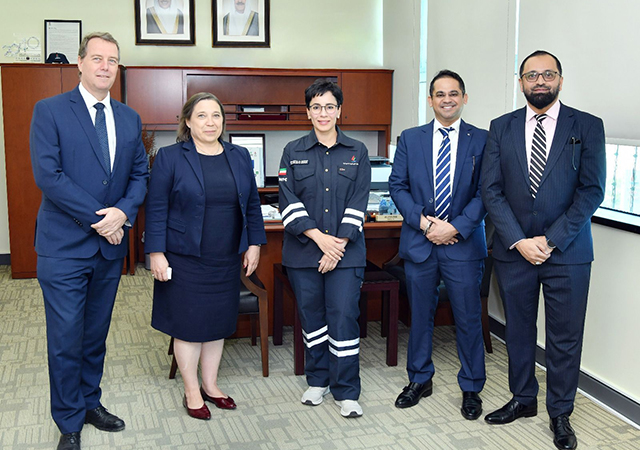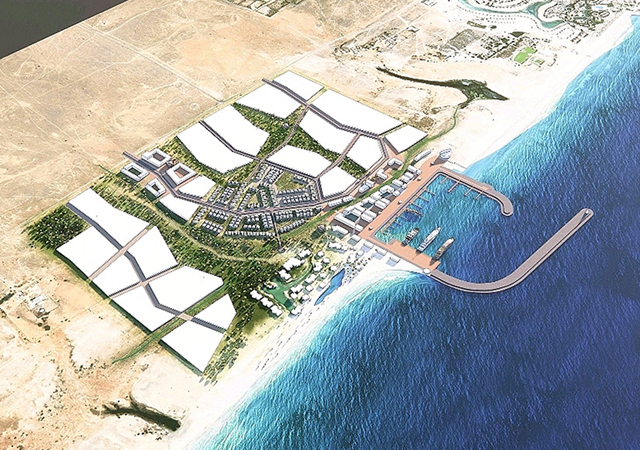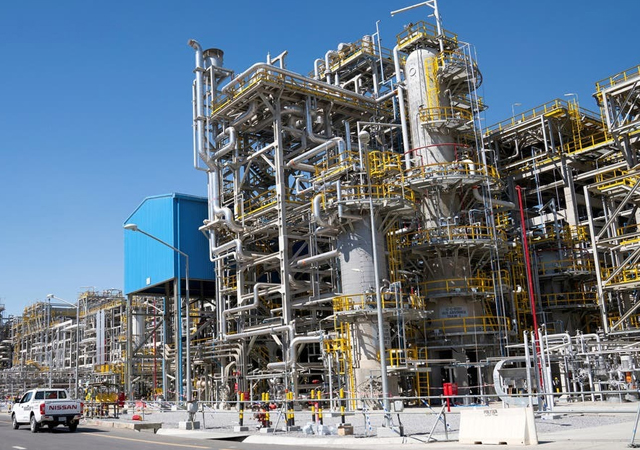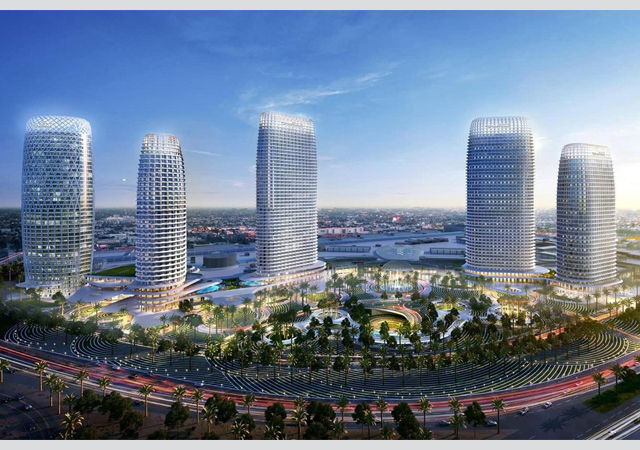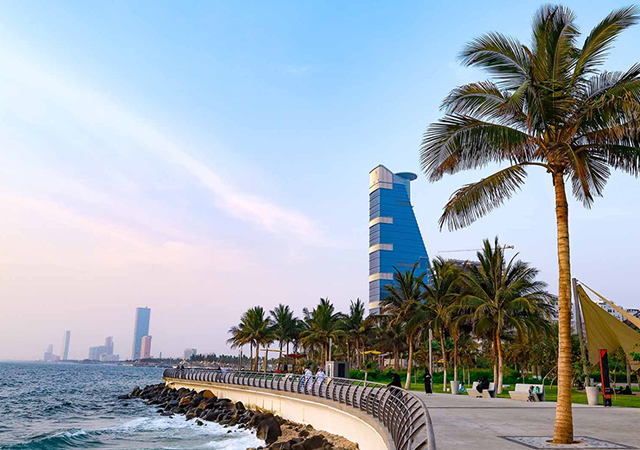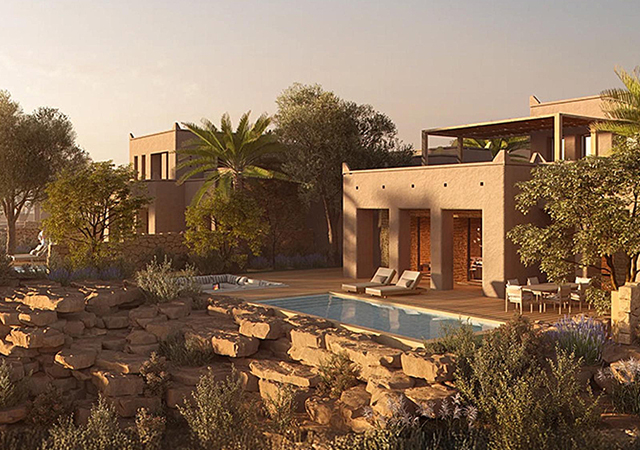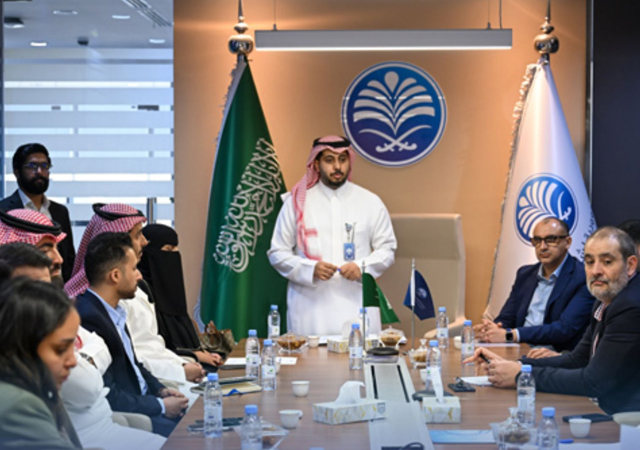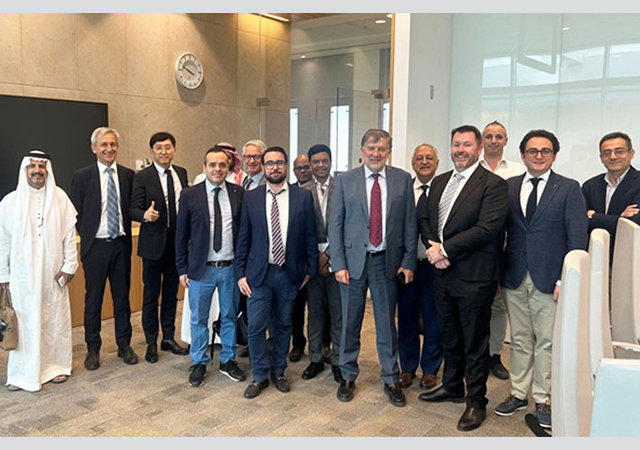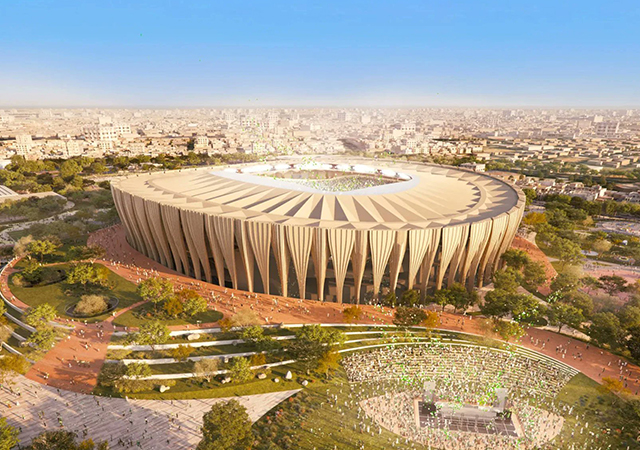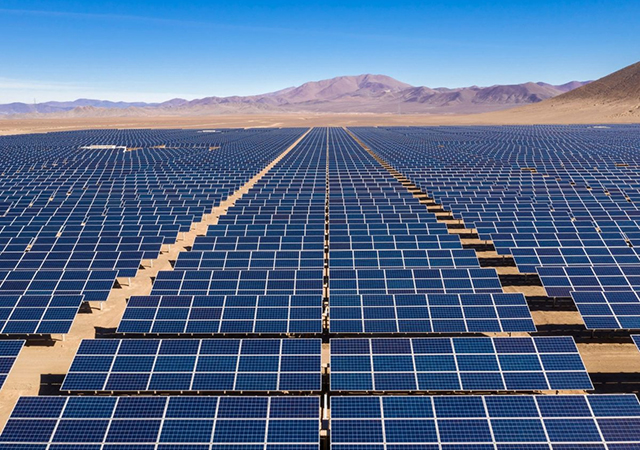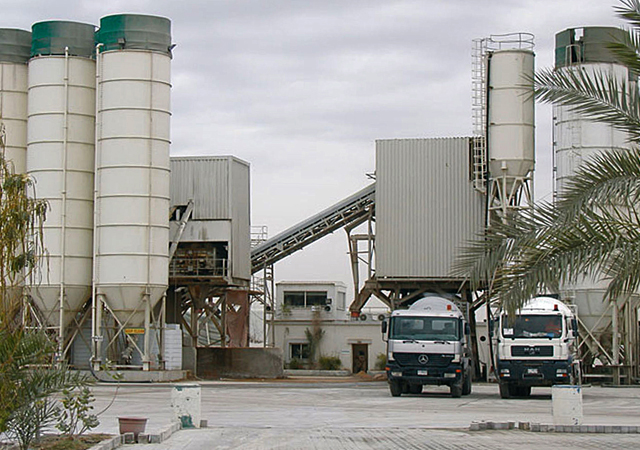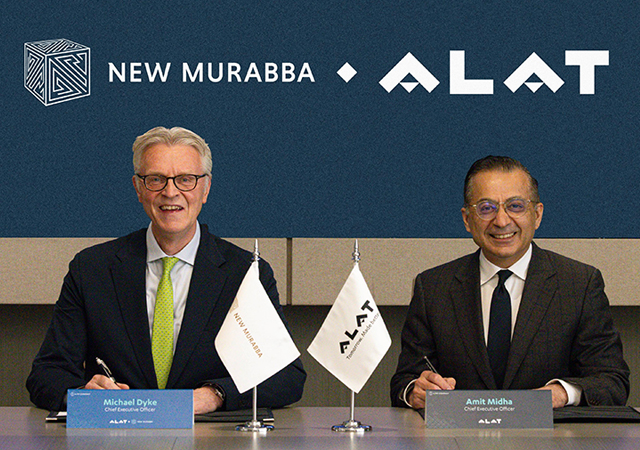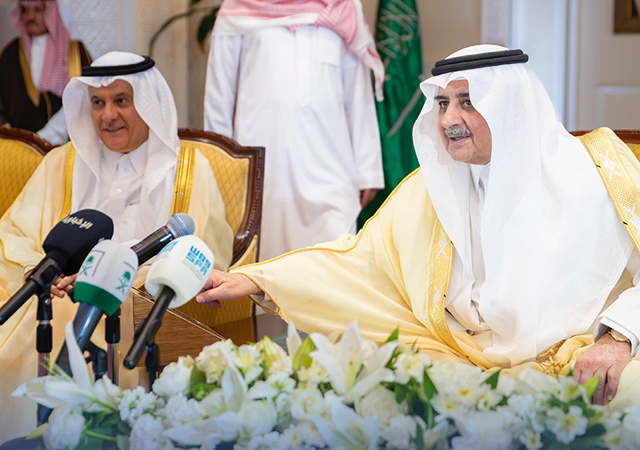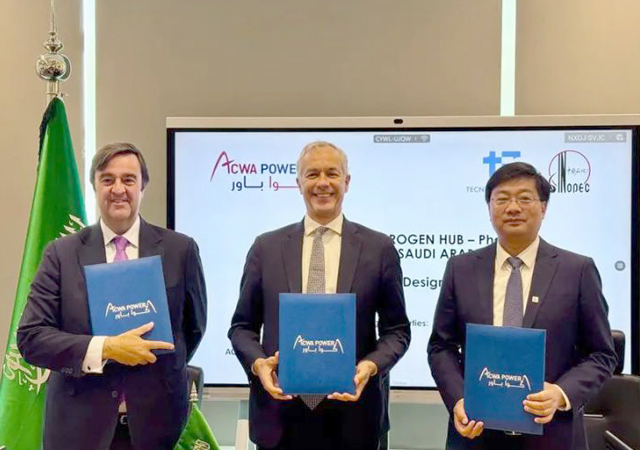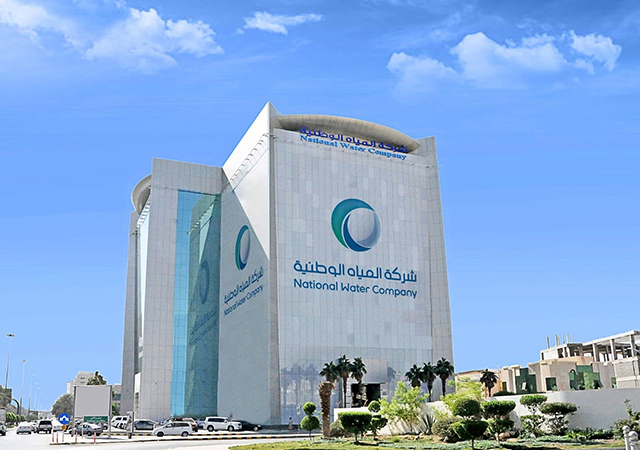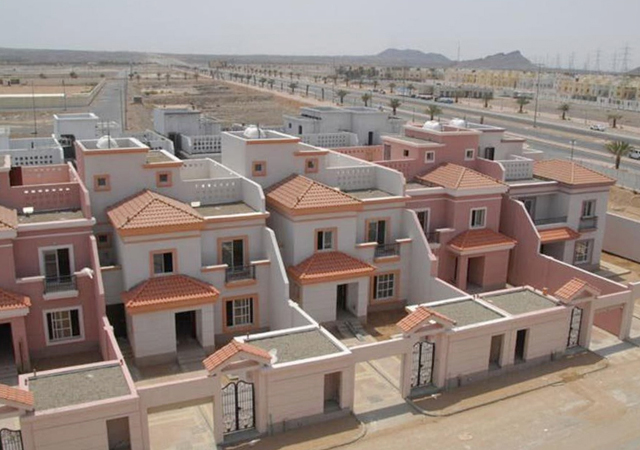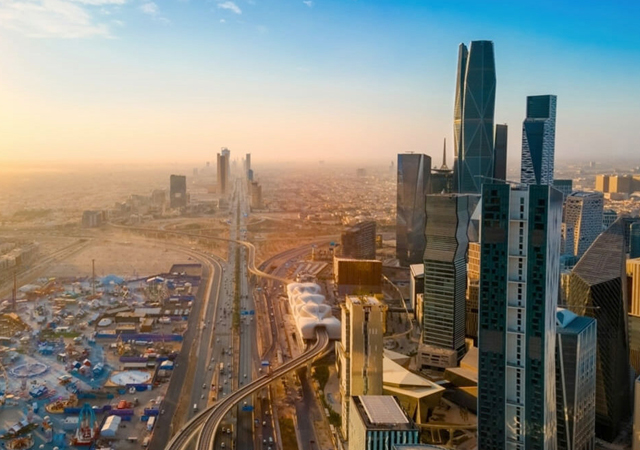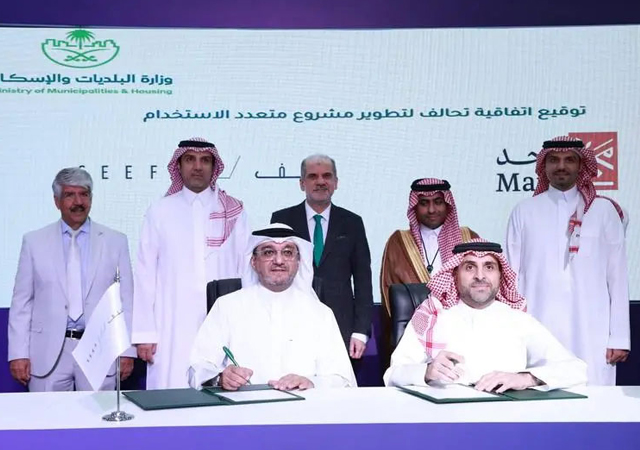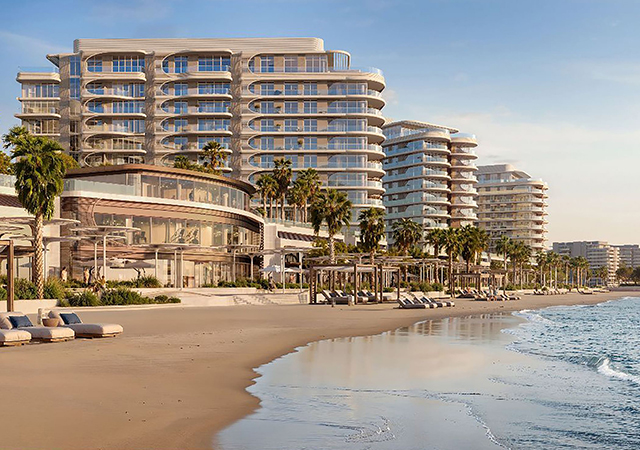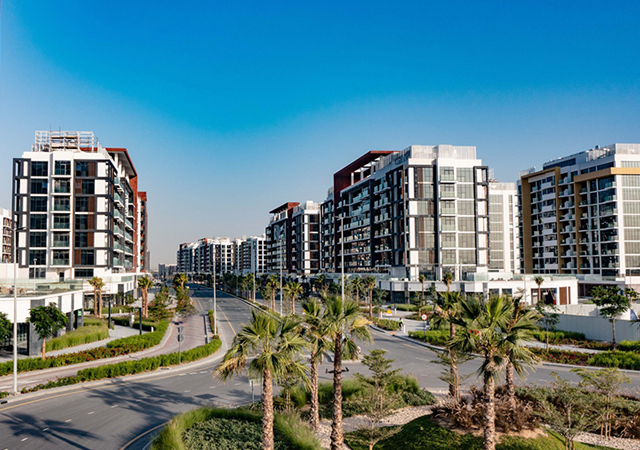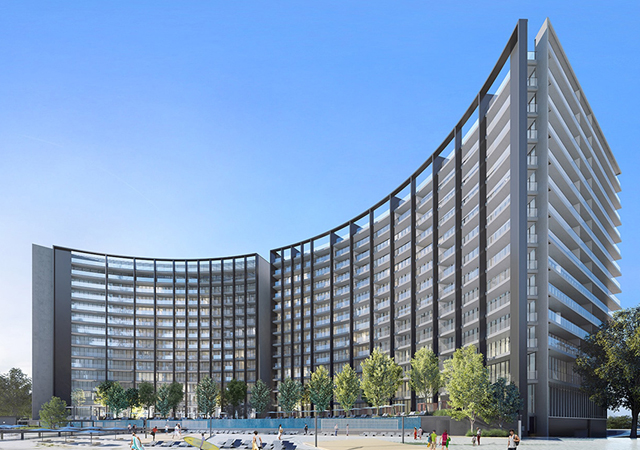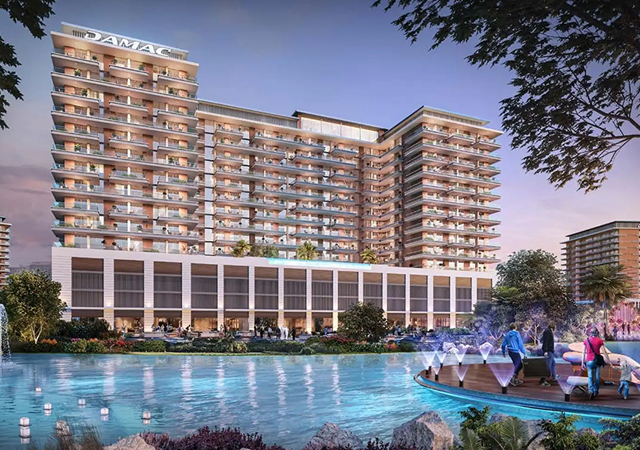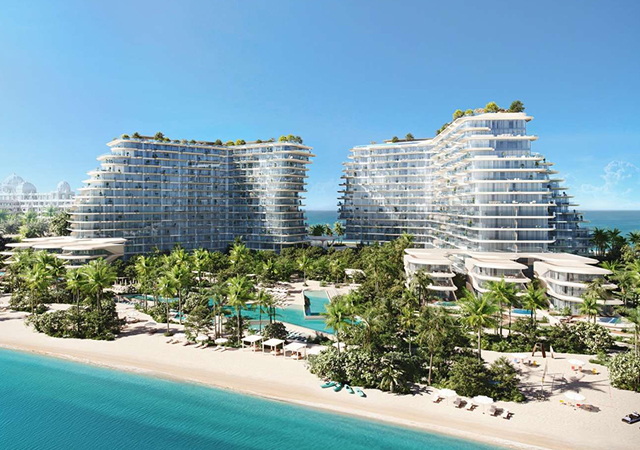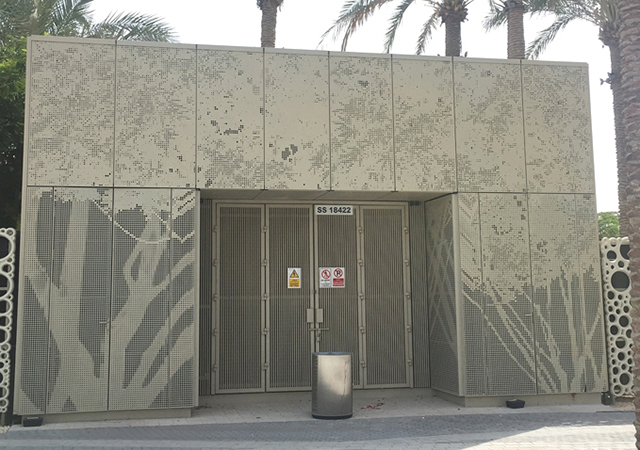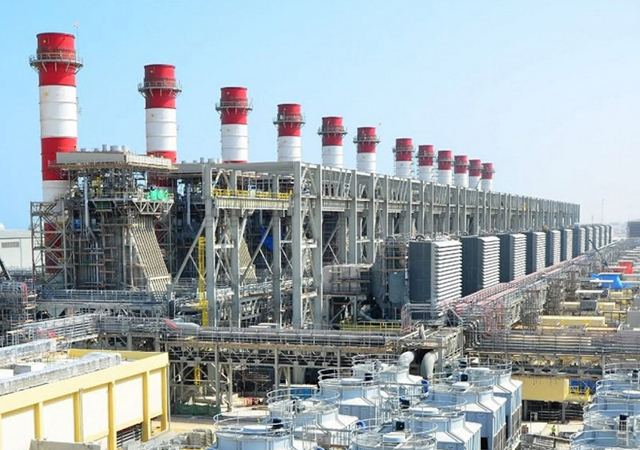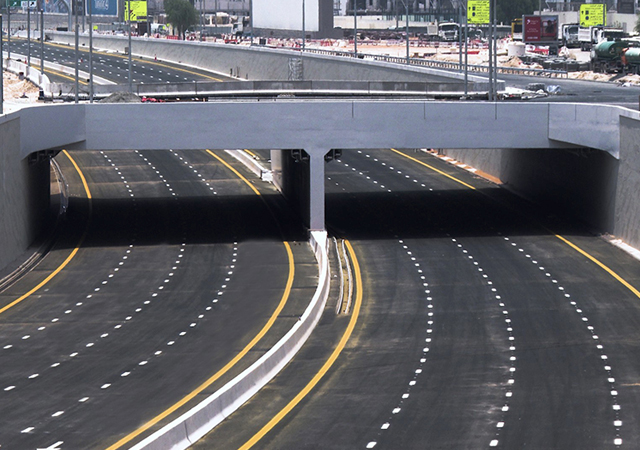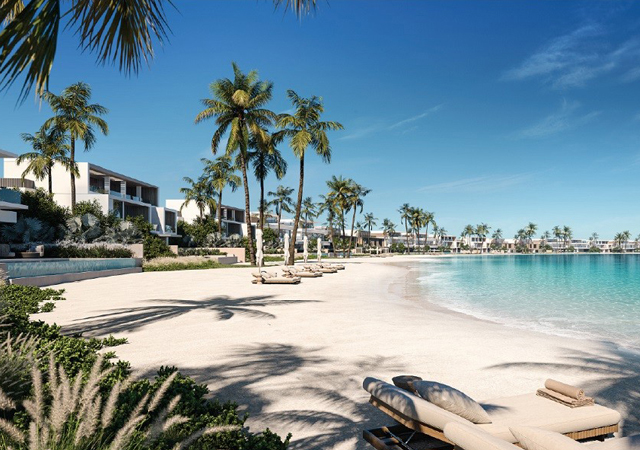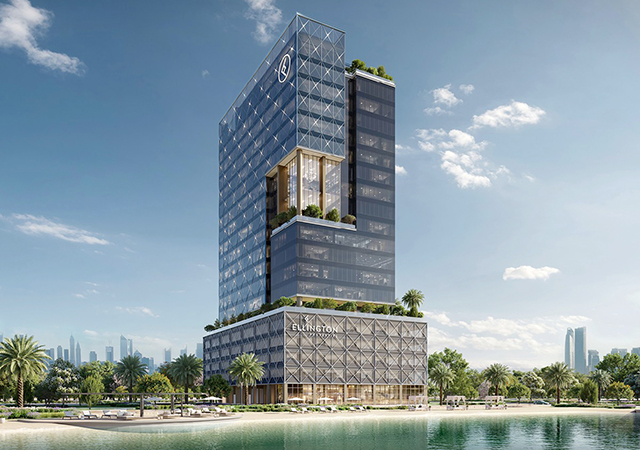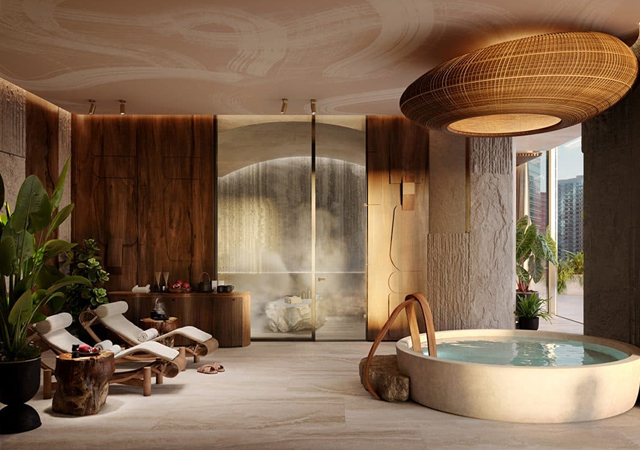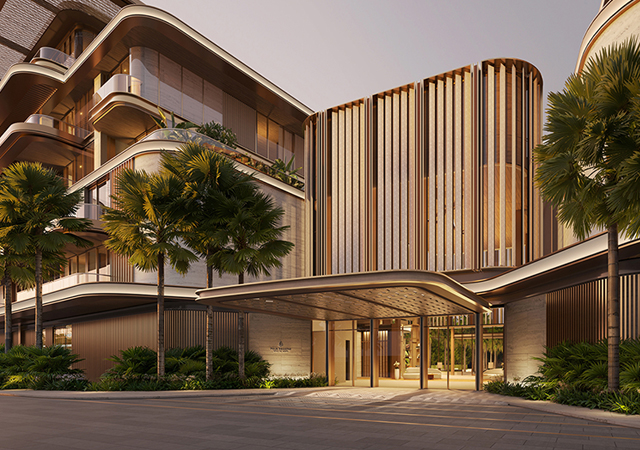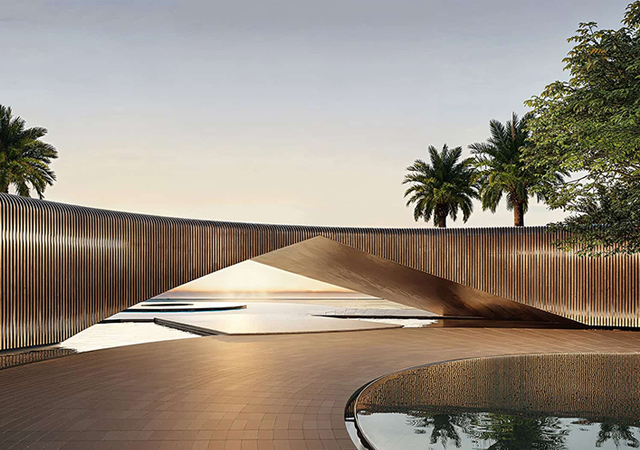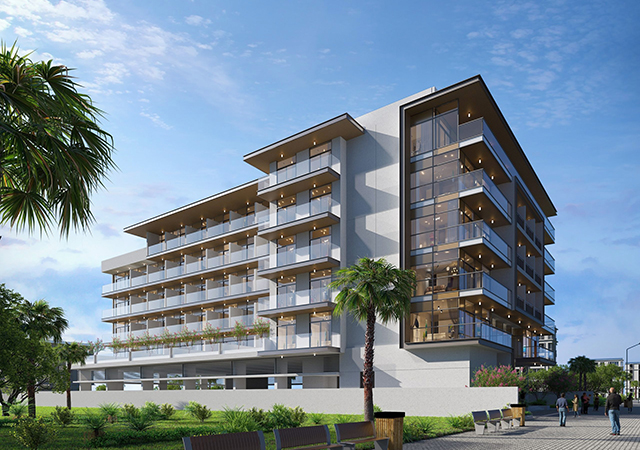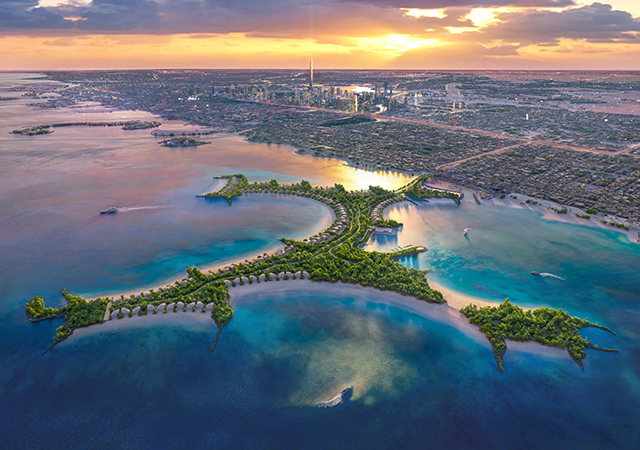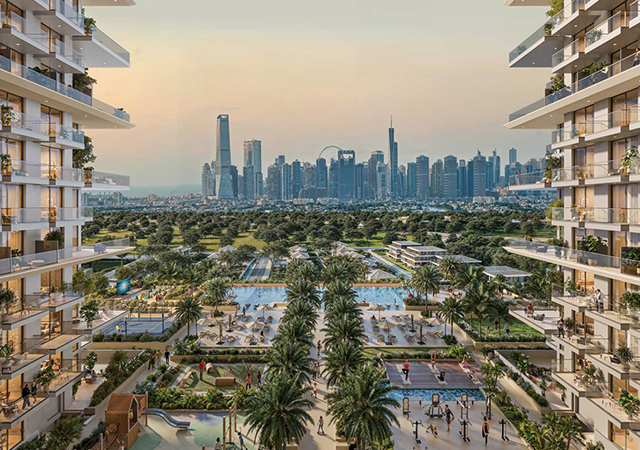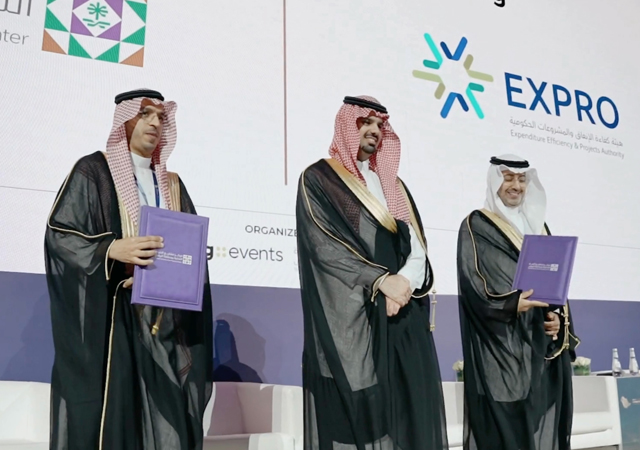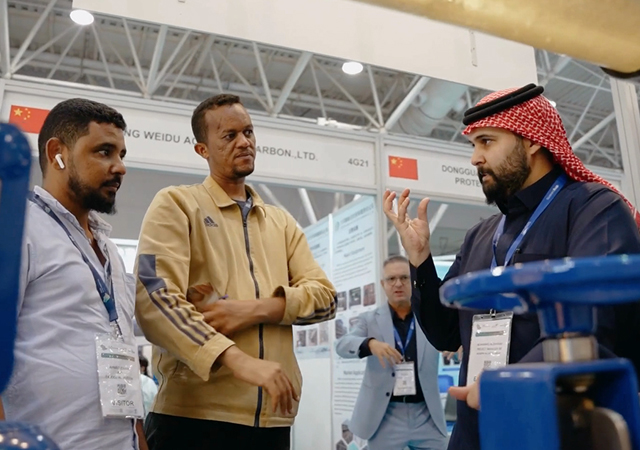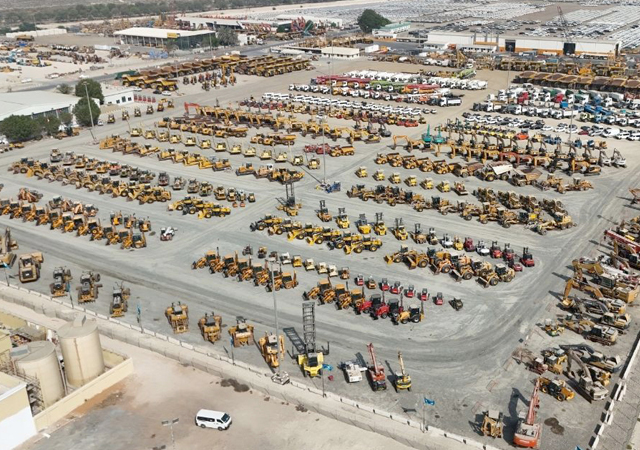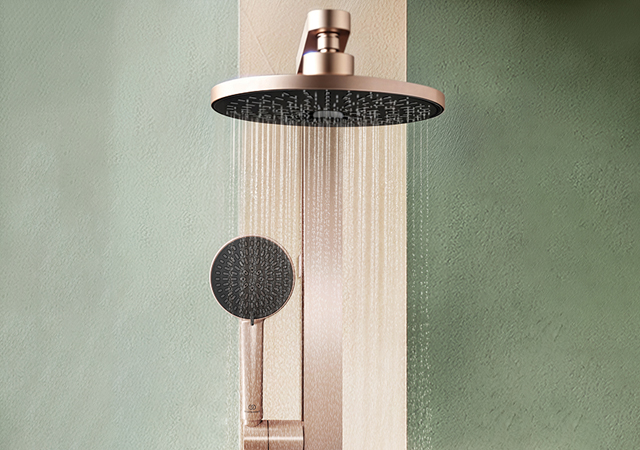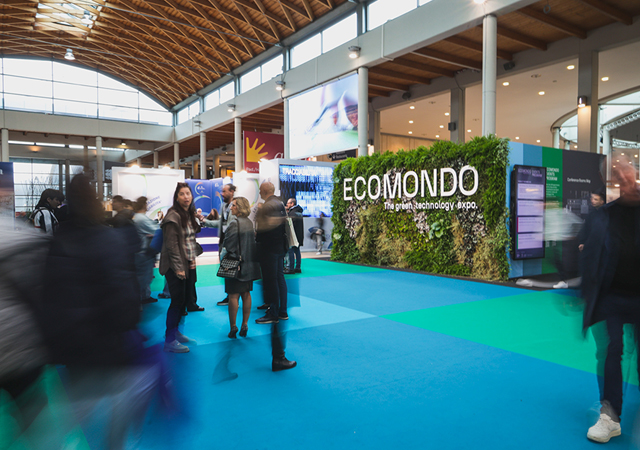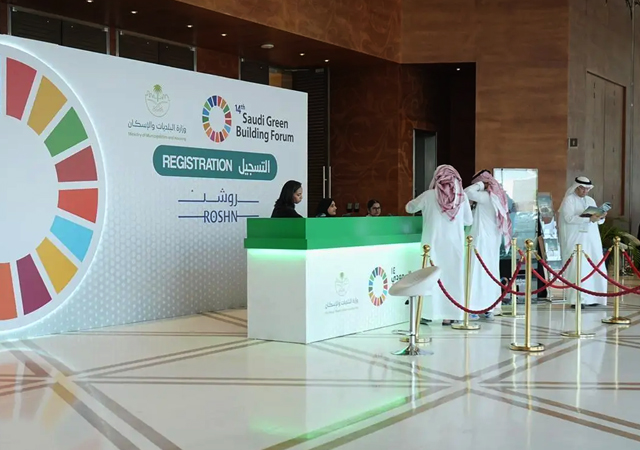
 Qatar Steel’s stand at a previous gulfBID event.
Qatar Steel’s stand at a previous gulfBID event.
QATAR Steel has embarked upon a series of initiatives aimed at increasing its production capacity through technically-advanced expansion projects to produce world-class products, in a bid to meet the growing demand for steel across the region.
As part of its expansion drive, the company participates in various promotional activities and has also been a regular exhibitor at gulfBID, in which it has been present for the last four years.
According to a company spokesman, gulfBID is “a great opportunity to network with traders in the region, boost our presence in the market and accomplish extensive brand awareness in just three days”.
gulfBID 2007 was a great success for the company when Qatar Steel received the ‘Best Stand Design’ award for that year.
“It was rewarding to be recognised for the efforts in light of the re-branding exercise undertaken by the company in April 2007,” he adds.
Recognised as a leader in the steel industry, Qatar Steel serves the region from an expansive mill site located in the heart of the Mesaieed Industrial City, 45 km south of the capital, Doha.
The plant with its office occupies an area of 1.35 million sq m, adjacent to which is a 375,000-sq-m plot reserved for future development and expansion. Its total employee-base of over 1,700 spans 12 different nationalities and the mill runs on a three-shift system.
In a bid to ensure its growth and a competitive edge in the market, Qatar Steel has acquired stakes in Gulf Industrial Investment Company (GIIC), Bahrain; United Stainless Steel Company (Usco), Bahrain, and Qatar Metals Coating Company (Q-Coat) in Qatar. Usco manufactures cold-rolled stainless steel coils and sheets, GIIC is engaged in the pelletisation of iron ore (which is an essential raw material for Qatar Steel), while Q-Coat manufactures epoxy coated bars.
Qatar Steel specialises in manufacturing high-yield deformed steel bars (or rebar) ranging in sizes from 10 mm to 32 mm and 40 mm in diameter, steel billets, DRI/HBI (direct reduced iron/hot briquetted iron) and high-quality steel wire rod and rebar in coil manufactured using state-of-the-art production technology and process. The company launched herringbone pattern rebar (D10-D32 and D40) in February during the Annual Traders Gathering held in Doha, Qatar, as a measure to meet international requirements of BS 4449:2005 Grade B 500B.
Qatar Steel’s direct reduction plants produce both CDRI (cold direct reduced iron) and HBI. The first module, commissioned in 1978, produces CDRI alone and the second module, commissioned in 2007, is a combo module producing CDRI and HBI.
A greenfield DRI/HBI combo dual discharge 1.5 million tonnes per year (tpy) module – incorporating all the features of an up-to-date Midrex plant – was built and went into commercial production in April 2007. In addition, it uses ‘simpax’ – an automated level-2 quality control module.
Hot DRI discharged from a shaft furnace is compressed into pillow-shaped briquettes with a typical size of 302 by 48 by 108 mm. This enables HBI to be stored and handled without special precautions as recognised by the International Maritime Organisation (IMO), says the spokesman.
Qatar Steel has two rolling facilities, whose combined capacity is 1.45 million tpy.
“Advanced technology, faster processing speeds and higher surface quality are some of the highlights of Qatar Steel’s rolling mill,” he points out.
Modernisation plan
Qatar Steel is embarking on another modernization plan to enhance the old melt-shop facilities. Once it is completed, Qatar Steel will be able to produce more than 2 million tonnes of steel from the existing melt-shop to satisfy the fast increasing demand for construction steel in Qatar and the Gulf region.
Further increase in capacity up to 3.5 million tonnes is in the planning stage by Qatar Steel. This will include erection of a new greenfield steel plant comprising a high-powered 160t EAF/LF/6-strand billet cater, in addition to another Midrex DRI-plant and a new rolling mill.
Commenting on the company’s focus on quality, he says: “Qatar Steel’s quality assurance system has been established to impact its operations across the board, from order placements to shipment of products. All products including reinforcing bars and wire-rods are manufactured from select raw materials with definite chemical compositions and ensured quality. Inspections are conducted throughout the manufacturing process to ensure compliance to customers’ requirements. Its quality control laboratories are equipped with the latest testing and analytical instruments, such as an optical emission spectrometer, XRF, oxygen and nitrogen analysers and computerised testing machines. Qatar Steel’s quality management system meets ISO 9001:2000 standards.”
Reinforcement bars manufactured at facilities in Mesaieed and in the UAE, by Qatar Steel Company, Dubai, have received many prestigious accreditations, including JIS and UK Cares. “The company satisfactorily operates a quality system which complies with the requirements of BS EN ISO 9001:2000 and the relevant Cares quality and operations assessment schedules,” the spokesman points out.
Qatar Steel is certified as a quality manufacturer and supplier of products conforming to BS4449:1997 Grade 460B and Grade 500B.
Qatar Steel’s deformed and plain carbon steel bars have been accredited by Dubai Central Laboratory Department (DCLD) of Dubai Municipality as conforming to standard specifications of ASTM A615: 2008 and the company is authorised to affix the DCL conformity mark on the product. DCLD of Dubai Municipality has also certified Qatar Steel’s carbon steel bars for the reinforcement of concrete conforming to BS 4449:1997 with Amdt.1.
Established in 1974 as the first integrated steel plant in the Arabian Gulf, Qatar Steel’s commercial production of steel started in 1978 with the company becoming wholly-owned by Industries Qatar (IQ) in 2003. Qatar Steel will be present at Stand 1A51 at gulfBID.



